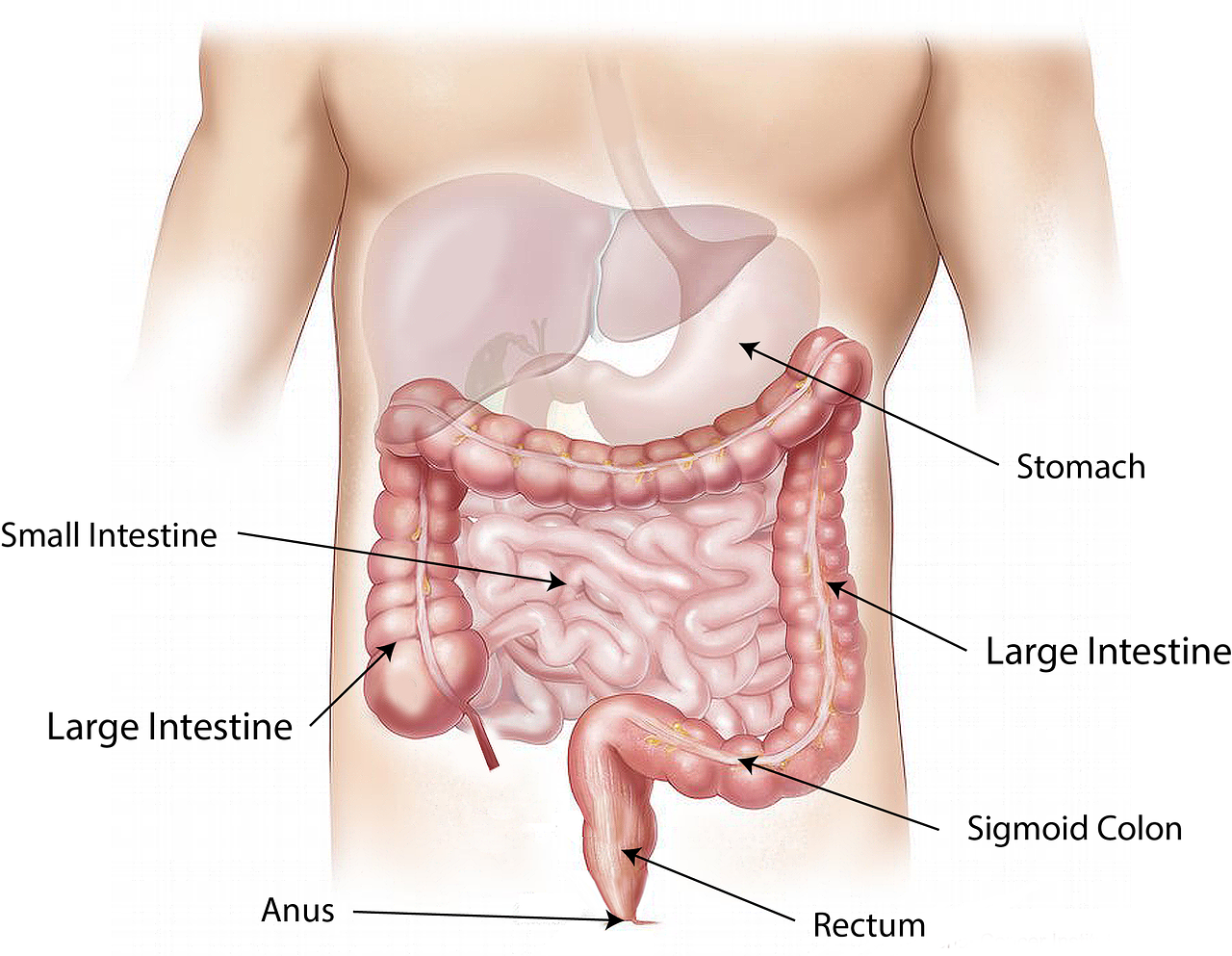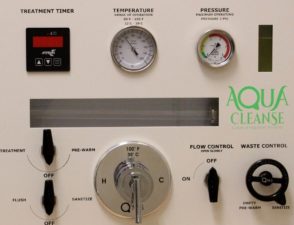Colon hydrotherapy (CHT) is often referred to as colon irrigation, colon therapy, colonic, or high enema. The main purpose of a colonic is to hydrate the body, stimulate the muscle activity of the bowel and to remove waste from the colon. Hydration stimulates peristalsis within the colon and encourages waste removal through the individuals own muscle actions.
There are two basic types of colon hydrotherapy systems, an open or closed system. This article discusses the use of a closed system.

Why do people get colonics?
We live in a modern world, a world in which we are all exposed to chemicals on a daily basis. If we are not assisting our body to eliminate toxins they will build up in our bodies and sooner or later it will take a toll on the body.
That toxic build up can take its toll on various systems in the body including the colon. When your colon is overloaded with toxins you can feel sluggish, have difficulty concentrating, develop digestion problems and feel just plain awful.
There are many reasons for getting a colonic some of them include:
Preparation for a colonoscopy-Usually the preparation for colonoscopy is worse than the procedure itself. It traditionally involves no solid foods for 1-2 days before the procedure, clear liquids and a lot of laxatives. Many doctors now recommend 1-2 colonic visits before your procedure.
Constipation-There are many causes of constipation including dehydration, lack of fiber, certain medications and inactivity. Constipation can lead to lack of appetite and poor digestion.
Cleansing—Introducing water into the colon will help to break down the fecal material allowing it to be eliminated along with parasites and any accumulated toxins.
Stool impactions-Weakened muscles and tissue in the colon can result in bulges, constricted areas and spasms. The process of gently filling the colon with warm water can help these impactions to dissolve and release.
IBS Irritable Bowel Syndrome- For those who suffer with IBS, colonics can be beneficial in relieving abdominal pain, constipation and diarrhea.
If colonics are used as part of your general health, at this point in time it is considered alternative treatment by traditional medical doctors. Supporters of colon hydrotherapy believe that toxins in the gastrointestinal tract can cause or contribute to health problems such as allergies, arthritis and asthma. They believe that removing these toxins will improve your energy levels, enhance the immune system and improve your overall health.
While there is little research to confirm the toxin cleansing benefits of colonics, anecdotal evidence from individuals who swear by colonics (myself included) claim less toxicity, improved energy and other health benefits.

What happens during a colonic?
A colon hydro therapist will have you complete a health history form and discuss any problems or concerns you may have. If it’s your first colonic, they should explain the process and advise you of what to expect.
The therapist will leave the room and allow you to get undressed. You’ll put on a gown or remove your clothing from the waist down and discretely cover yourself with a sheet. You’ll then lie on your back on a treatment table.
With a closed colonic system, the colon therapist inserts a lubricated disposable speculum into the anus. The speculum is connected to a disposable plastic hose that is connected to the colonic device.
Warm filtered water is gently released into the colon, which causes the muscles to contract (peristalsis). When you are ready to release, you advise the therapist and they will turn off the water and allow you to pass waste material.
With a closed system, there is no odor, as all the water and feces pass through a closed hose. A therapist may also use light abdominal massage if desired to help facilitate the process.
After your session is complete the therapist will remove the speculum and leave the room. You may need to use the bathroom after your session to release any residual water or feces.
A typical colonic session lasts from 45 minutes to 60 minutes.
Who shouldn’t get a colonic?
Individuals with preexisting conditions should consult their medical doctor before receiving a colonic. People that have certain medical conditions such as abdominal hernia, blood vessel disease, congestive heart failure, Crohn’s disease, diverticular disease, gastrointestinal cancer, heart disease, intestinal tumors, recent colon surgery, severe anemia, severe hemorrhoids and ulcerative colitis should not get a colonic without consulting their medical doctor.
Who Is Qualified To Perform a Colonic?
You should seek out a professional colon hydro therapist who has received training and is certified in your area.
References
Shea, C., CT, & Shea, M. J., PhD. (n.d.). Colon Hydrotherapy The Shea Way.








